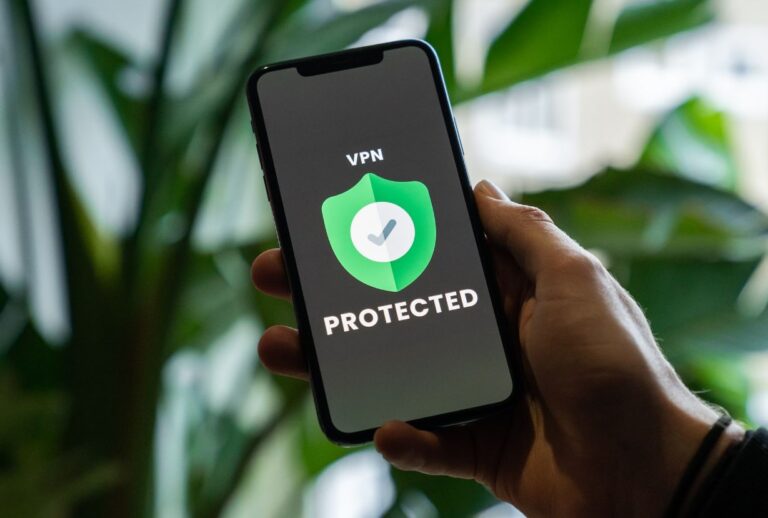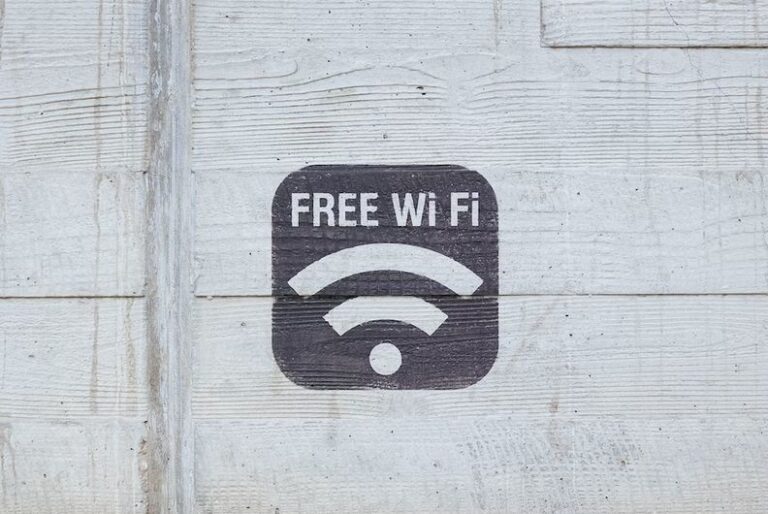Internet Protocol (IP) addresses are one of the key elements that identify users on the internet. While they serve essential functions, they can be potentially harmful if they fall into the wrong hands. This piece will delve into what someone can do with your IP address and suggest strategies to protect it. As internet security is becoming increasingly crucial, this article also seeks to introduce the concept of VPNs, a tool instrumental in maintaining your IP address’s privacy.

How Can Someone Find Your IP Address?
There are several methods that someone could use to discover your IP address. These include:
- Email: Certain email service providers, like Yahoo and Microsoft Outlook, can expose the sender’s IP address.
- Links: Clicking on links, such as ads, can expose your IP address to the server service provider. Some ads are even designed specifically to gather IP addresses.
- Access to your device: If someone gets hold of your device, they can use one of many online IP address checking services to determine your IP.
- Unprotected router / Fake Wi-Fi hotspot: If your router is unprotected or uses a weak password, someone could log in and discover your IP address. Likewise, if you connect to a fake Wi-Fi hotspot, your IP address becomes known to the hotspot manager.
- Social media / online forums: Administrators on social media or online forums can see your IP address. The same applies to comments left under news articles.
- Torrenting files: Torrent downloading apps expose the IP addresses of people either downloading or sharing files on the system.
What Can Someone Do With Your IP Address?
Armed with your IP address, a malicious actor can:
- Identify your location: Your IP address contains information about the city you’re in.
- Execute a DDoS attack: DDoS attacks, meant to disturb your device or server, are executed based on an IP address when multiple connection requests are sent to it.
- Restrict online services or frame you: Various online services, like gaming sites, restrict unwanted users based on their IP address. Hackers could impersonate IP addresses and abuse certain services.
- Sell it on the Dark Web: IP addresses are frequently sold in various markets on the dark web.
How To Protect Your IP Address?
Protecting your IP address is vital to maintaining your online security. Here are some precautions you can take:
- Avoid clicking on suspicious ads or links that can leak your IP address to a third party.
- Avoid using suspicious social media services or online forums where your IP address could be exposed.
- Using proxies or the Tor network can hide your IP address. However, these are not always the best options for casual browsing due to costs and performance issues.
- VPNs are the best solution for everyday use, as they offer extra layers of security, such as traffic encryption, multi-hop, and others, at an affordable cost.
One such reliable VPN service is NordVPN. It has its own WireGuard-based protocol called NordLynx, allowing users to enjoy top speeds without compromising privacy. NordVPN offers secure connections on up to 6 devices simultaneously and has a widespread network of over 5000 servers in 60 countries. With a knowledgeable 24/7 customer support team, your inquiries will be addressed promptly. NordVPN is a thrice-audited no-logs service, ensuring that your online activities remain confidential.
To add an additional layer of security, consider using NordPass, a password manager from NordSecurity. NordPass allows users to create and store secure passwords, encrypting them with state-of-the-art xChaCha20 encryption. It also has a password sharing function and a breach scanner, notifying you if any of your accounts are at risk.
Conclusion
In a digital age where IP addresses can be easily exploited, proactive measures are needed to maintain online safety. By understanding what someone can do with your IP and taking the necessary precautions, you can better safeguard your digital footprint.
Understanding what someone can do with your IP is a crucial part of maintaining online safety and privacy in an increasingly interconnected world. Your IP address is more than just a digital identifier—it is a potential gateway for malicious individuals to exploit and harm you. They can use it to locate you, launch attacks on your network, or even impersonate you to commit nefarious acts.
However, fear not. There are several effective strategies to protect your IP address and your online identity. By being cautious with the links you click and the networks you join, you can mitigate the risk of your IP address being discovered. Moreover, tools like VPNs, specifically the reliable and robust NordVPN, and password managers like NordPass, offer robust, user-friendly, and affordable means to shield your IP address and enhance your overall cybersecurity.
Remember, your online safety starts with you. Stay informed, stay cautious, and stay safe. By doing so, you can enjoy the vast benefits of the internet without worrying about what someone can do with your IP.






